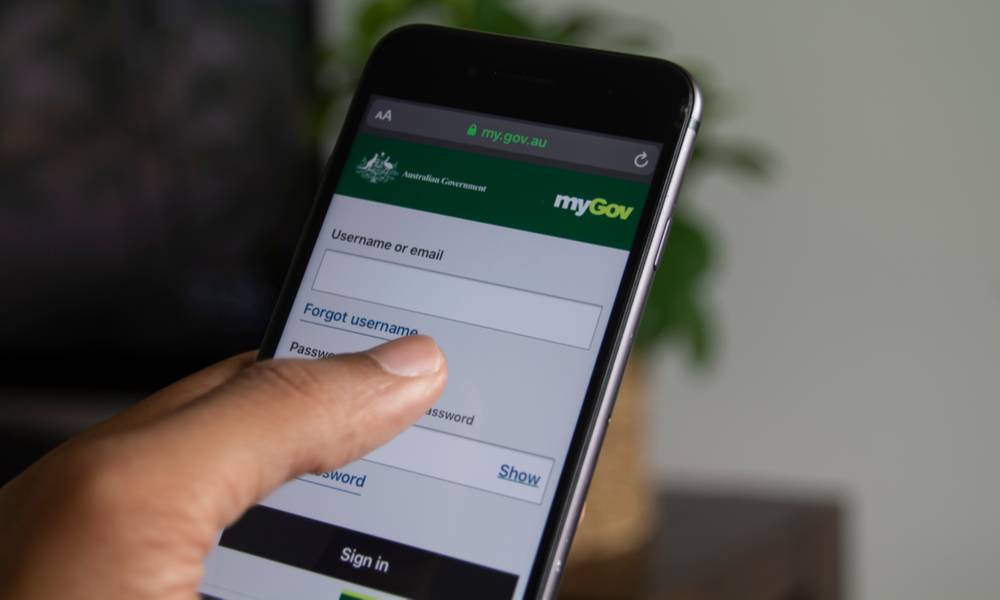myGov and facial recognition: inside the Government's Digital Business plan
The Federal Government must be ready to handle the responsibilities associated with its $800 million plan which includes granting access to government services through facial recognition, writes UNSW Business School's Rob Nicholls
An $800 million JobMaker Digital Business Plan was recently released to support economic recovery in the wake of COVID-19. Treasurer Josh Frydenberg said the package is "targeted at building on this digital transformation of Australian businesses to drive productivity and income growth and create jobs".
The plan includes a controversial Digital Identity system the government says will make it easier to engage “with government services, and in future, the private sector”.
The big question is how ready the government is to handle the responsibility associated with such a scheme — and how it fits with similar schemes already announced by other departments, such as the Australian Tax Office.

The breakdown
Some of the measures include:
- $256.6 million to develop a ‘digital identity system’, for example, to enable access to government services with facial recognition
- $419.9 million to the “modernising business registers” program which would help companies move online by allowing electronically signed documents and virtual shareholder voting
- $29.2 million to accelerate the rollout of 5G
- $22.2 million to expand a digital advisory service for small businesses (however the target is to help 10,000 small businesses, and there are 2 million such businesses in Australia).
- $3.6 million towards mandating the adoption of electronic invoicing for all federal government agencies
- $2.5 million to connect workers and small and medium-sized businesses to digital skills training.
The plan follows the recent $4.5 billion NBN upgrade announcements.
Facial recognition, the Digital Identity program and you
Among the more controversial aspects of the plan is the $256.6 million proposal to expand the Commonwealth Digital Identity program, in a bid to supposedly simplify and reduce costs of interacting with government.
This would be done by creating a biometric identification system using facial recognition software. And the scheme will include identification for myGov and the Australian Tax Office’s myGovID.
"The rate of Australia’s current digital transition requires joined-up policies which complement, rather than clash with, each other"
Rob Nicholls, Associate Professor in the School of Taxation & Business Law at UNSW Business School
Many technical and policy issues relating to digital identity have already dogged the federal government this year.
For instance, accounting firm Deloitte was awarded a $9.5 million contract in March to develop a platform to eventually replace the current myGov portal.
According to reports, this contract’s value increased to $28 million this month. A threefold increase in budget in six months suggests the proposed funding of $256.6 million may not be enough.
Also, cybersecurity researchers have identified a relatively simple phishing method by which the ATO’s myGovID login system can be compromised. Researchers from the Australian National University and Melbourne University approached the ATO with a description of the issue.
Reports claim the office has yet to address the flaw.

We need joined-up policies that complement each other
Last week, the ATO issued a tender for a digital “liveness solution”. This will use facial recognition software to prove people accessing the ATO’s online services are physically present at their devices. It’s not clear whether the ATO intends to continue with its own identity solutions, or if it will partake in the government’s initiative to expand the Commonwealth Digital Identity program.
It’s odd to see a whole-of-government approach to digital identity announced three days after the ATO publicised its own aforementioned tender. The rate of Australia’s current digital transition requires joined-up policies which complement, rather than clash with, each other.
Its true stimulating business capacity in the digital economy will likely help small businesses adapt to the “new normal” brought on by COVID-19. But with this comes the challenge of understanding what this “new normal” will be.
New funds allocated under the JobMaker Digital Business Plan suggest this challenge may not be met by the government, after all.
Rob Nicholls is an Associate Professor in the School of Taxation & Business Law at UNSW Business School. This article first appeared on The Conversation.

